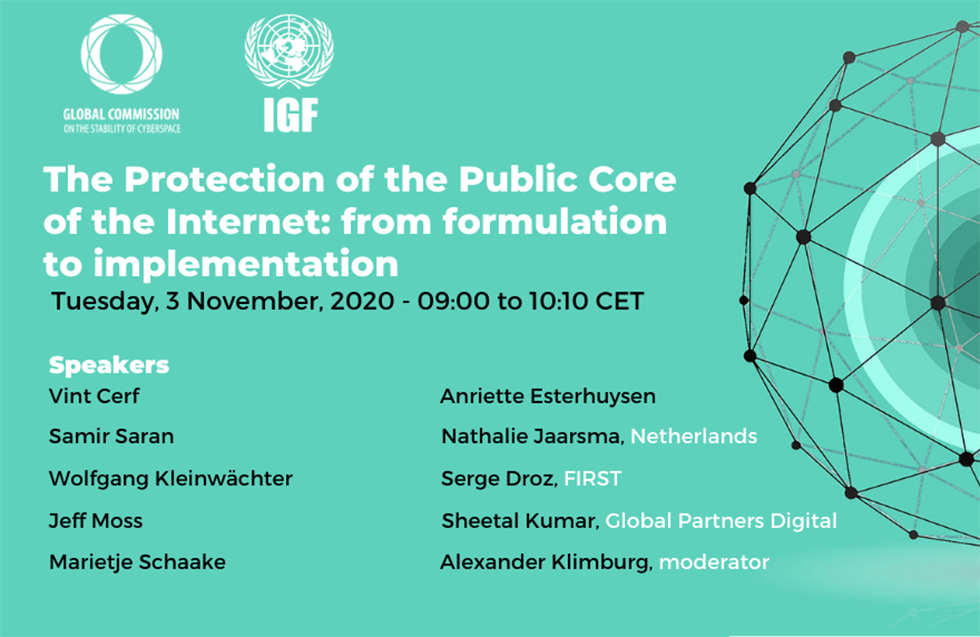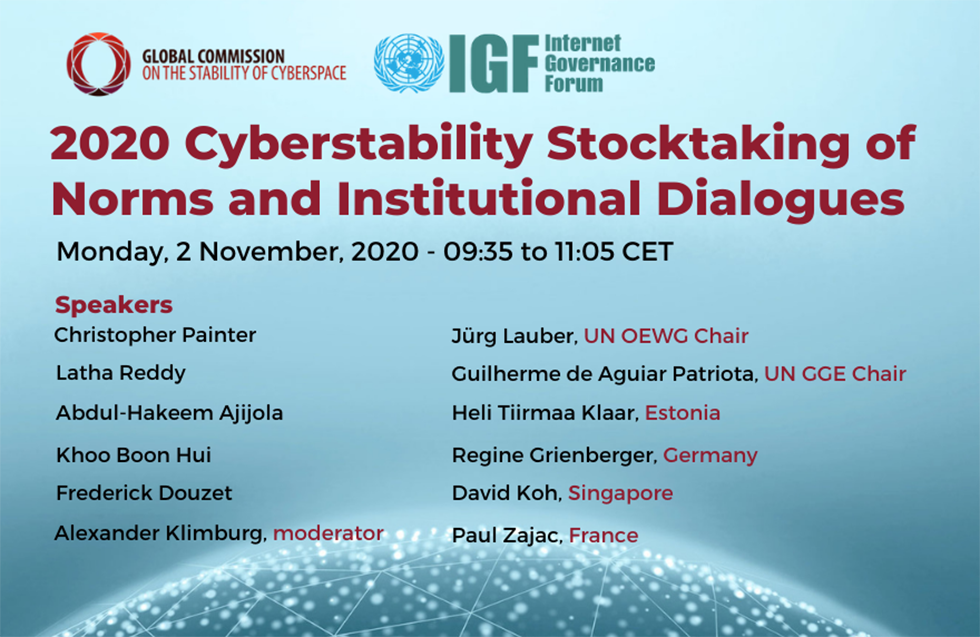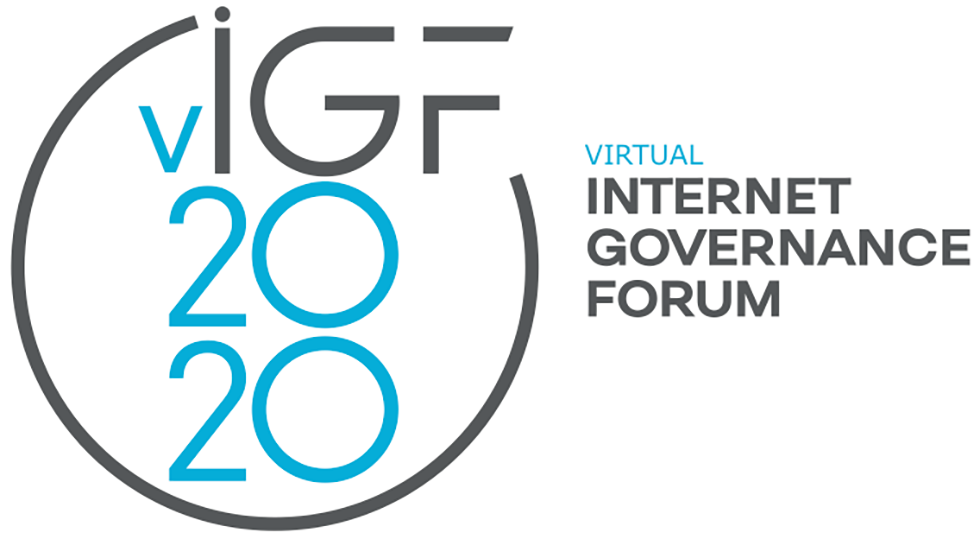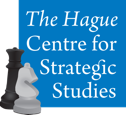This article by Michael Chertoff was published by Chatham House on 14 January 2020.
“As Co-Chair of the Global Commission on the Stability of Cyberspace (GCSC), [Michael Chertoff] helped oversee the November 2019 release of the Commission’s report on Advancing Cyberstability. The Commission’s work proceeded under the assumption that international peace and security—traditionally the sole province of states—could not be adequately addressed in the cyber realm without engaging a diverse team of stakeholders. [The] report advocated for a set of principles and norms to better ensure the stability of cyberspace—such that everyone can be reasonably confident in their ability to use cyberspace safely and securely, where integrity and availability of services and information is generally assured, change is managed in peace, and tensions are resolved in a non-escalatory manner.”
Mr. Chertoff highlights the importance of internet routing, access, and connection services to the US economy and national security. He believes “that the establishment of norms in cyberspace—and US participation in this process—is of critical importance for three key reasons: (1) To maintain the modern economic benefits of the Internet; (2) To address security concerns related to the protection US critical infrastructure; and (3) To protect American values by preserving the free flow of reliable, accurate information.”
According to Mr. Chertoff, the GCSC’s work presents a significant opportunity to cultivate multi-stakeholder engagement in the creation of cyber norms and marks an important step in the development of norms to ensure greater cyberstability. “The United States must not allow its short-term concerns to prevent it from engaging in the development of vital international cyber norms that will help protect its economic and national security interests.”
Read the original article here.






